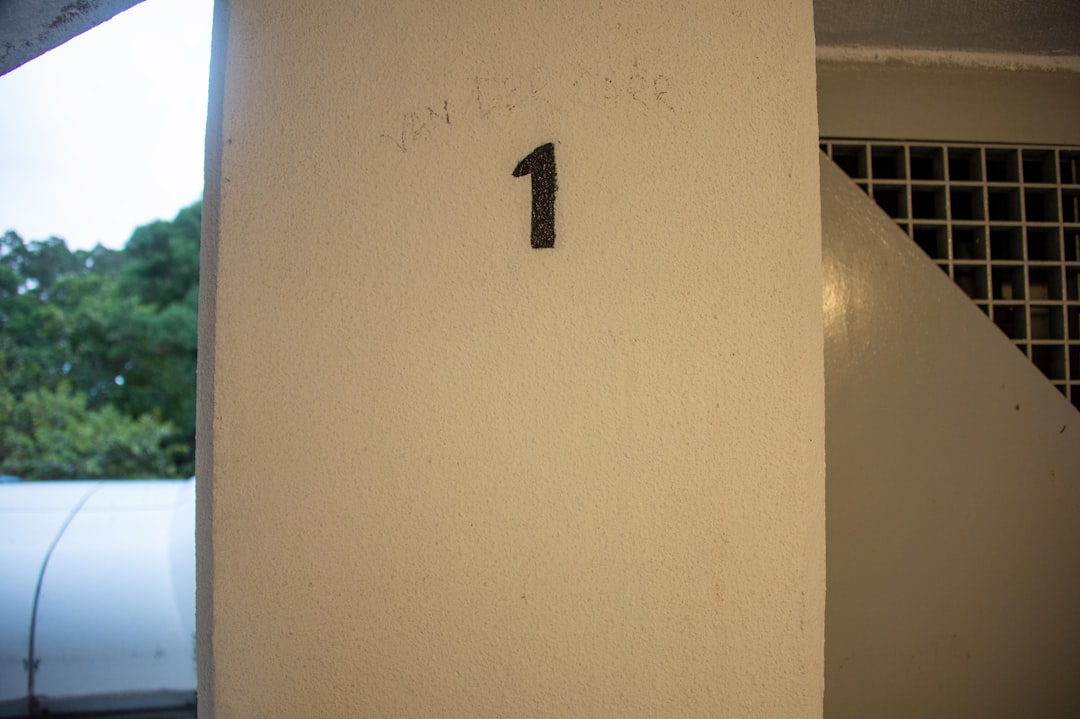
Installing house numbers is a crucial task in residential construction, impacting both aesthetics and functionality. Properly mounted numbers enhance curb appeal, comply with safety codes, and assist emergency services. Current installation costs range from $50–$150, depending on materials and complexity. This guide provides insights into achieving precision and efficiency in house number installation.
First Impressions: Well-installed numbers reflect quality craftsmanship.
Code Compliance: Many areas require specific size and contrast for visibility.
Safety and Logistics: Clear numbers aid delivery and emergency services.
Utilize AI tools to generate material lists, labor costs, and timelines quickly. Consider factors like:
Metals: Durable and modern, ideal for contemporary homes.
Acrylics: Lightweight and customizable for bold designs.
Wood: Suitable for rustic homes, requires sealing.
In Riverside, CA, a project involved installing matte bronze numbers on reclaimed wood. The AI estimated a 45-minute install with $68 in materials, completed under budget, showcasing the efficiency of data-driven planning.
Coordinating tasks like framing, siding, and number installation streamlines the process, reducing scheduling conflicts and ensuring precision.
Enhance your projects with professional house number installations. Visit CountBricks.com for more information.

While installing house numbers is a quick task, it significantly impacts perceived value. Leveraging this can help contractors upsell finishing touches that complete a home's aesthetic.
During a patio remodel, suggesting new brushed-steel numbers enhanced the project's modern look, increasing revenue with minimal schedule impact.
Upload plans to calculate requirements and generate quotes, ensuring accuracy and efficiency.
Perfectly installed house numbers reflect the quality of the entire build. Trust professional methods to transform details into craftsmanship.